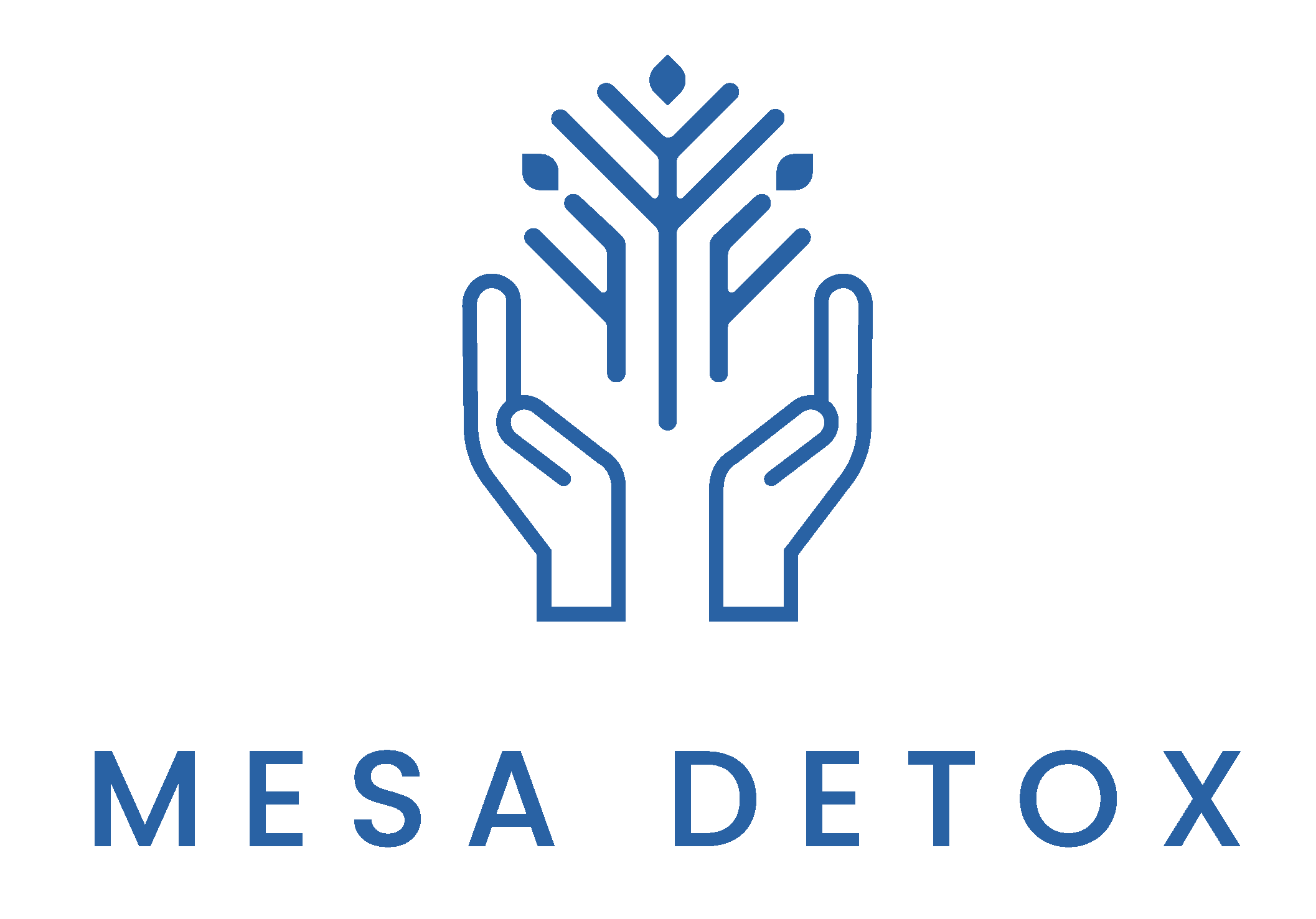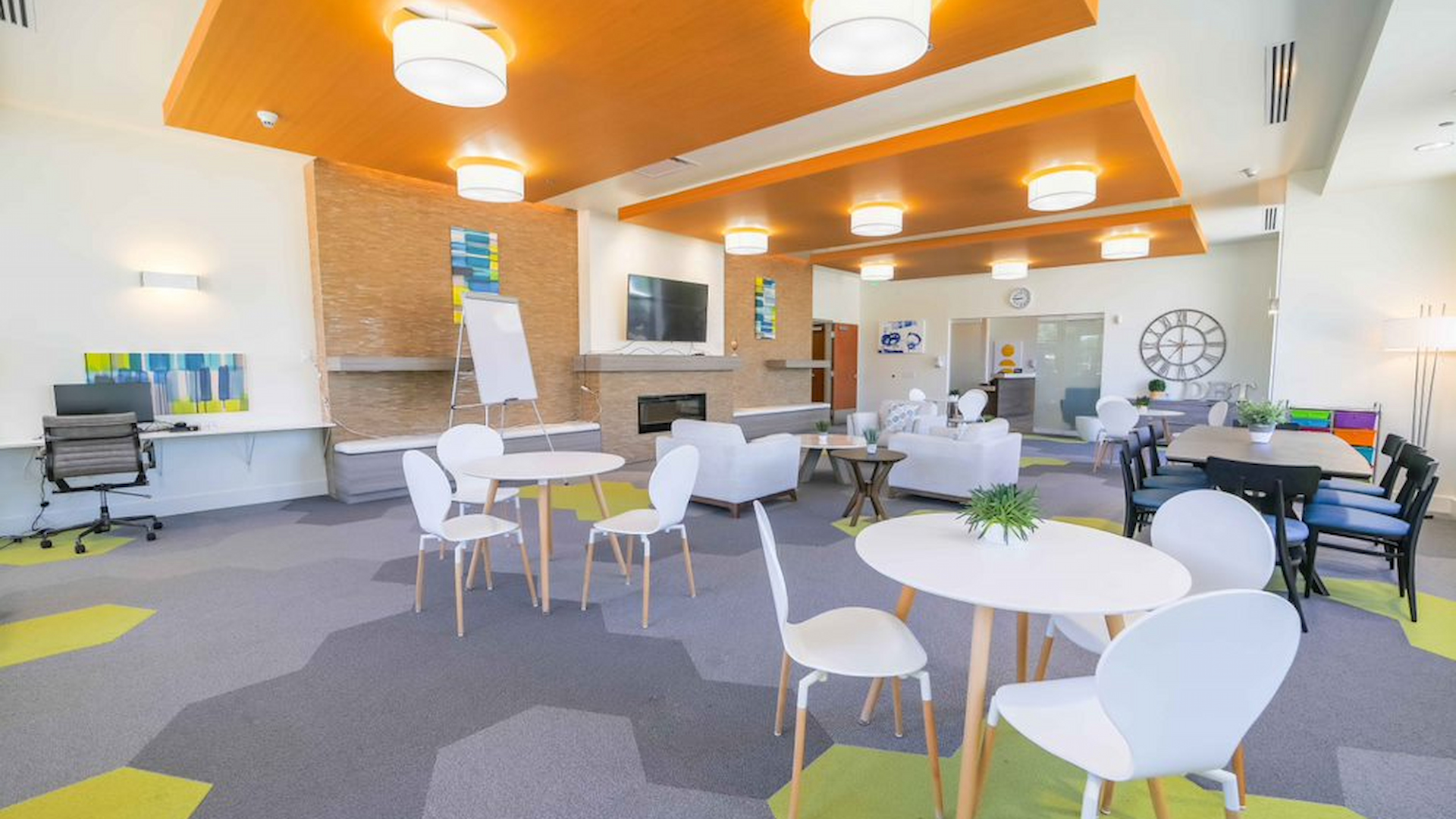Medication-assisted treatment (MAT) is a crucial support system for individuals facing addiction, combining medications with counseling and therapy to aid in recovery. It provides a comprehensive approach to overcoming substance use disorders.
This article explores the different medications used in MAT, how they work, and their benefits in the recovery process. Whether you’re seeking information for yourself or a loved one, understanding these treatments can be an empowering step toward lasting sobriety.









